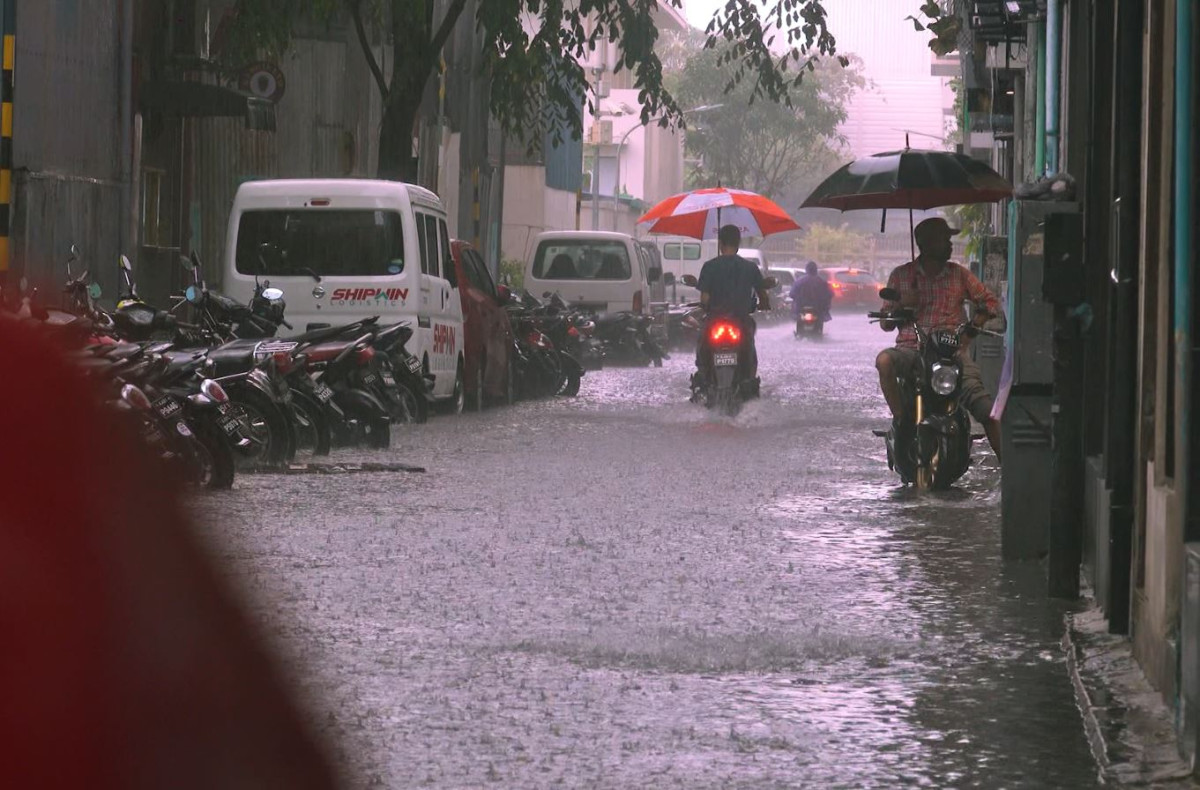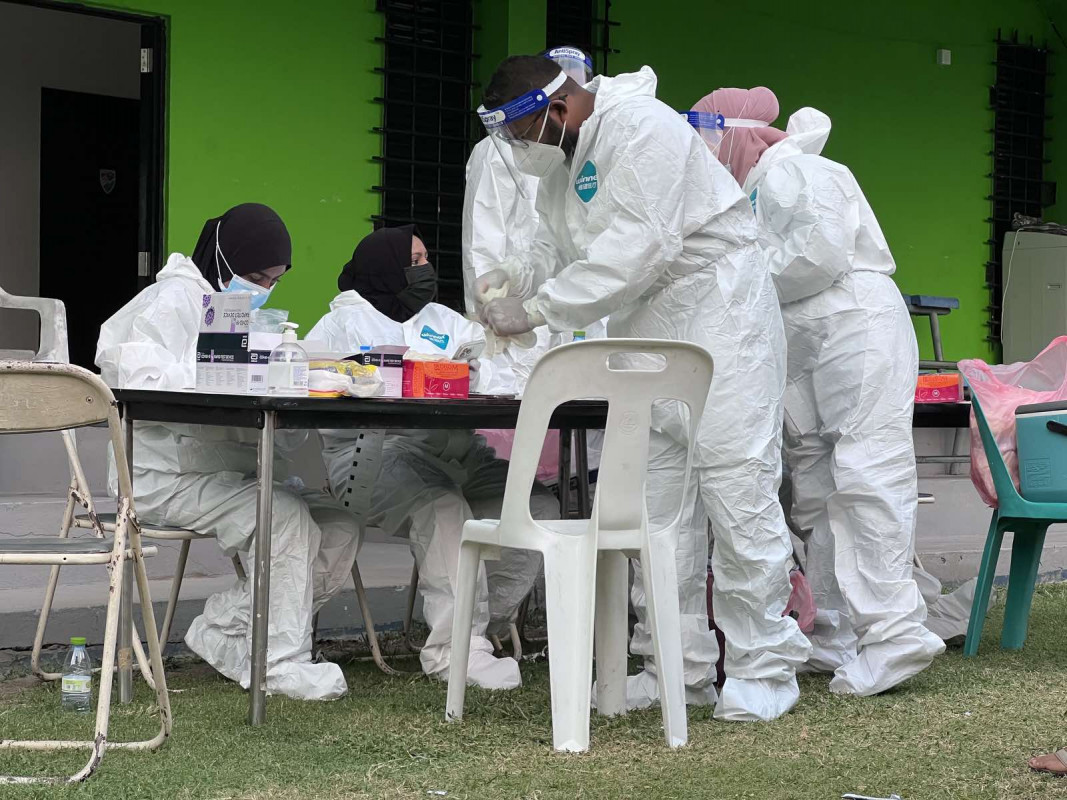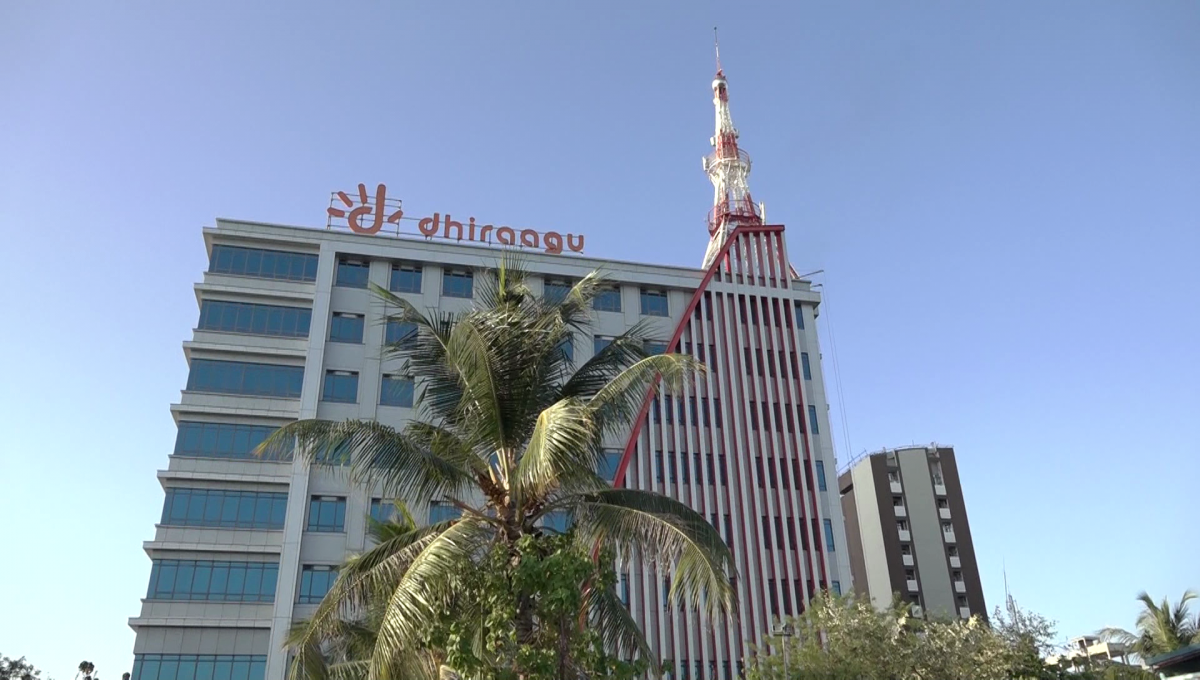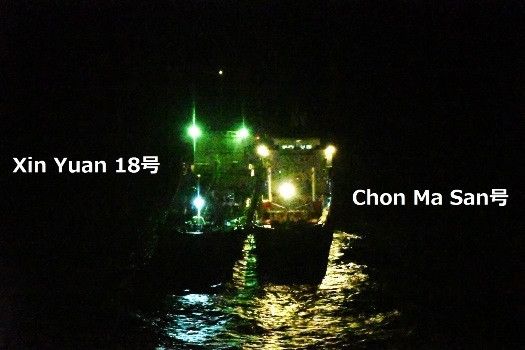Chagos Islands dispute: Maldives votes "no" to end UK control
The motion endorses an advisory opinion issued by the ICJ on February 25


Diego Garcia, the largest of 60 small islands comprising the Chagos Archipelago, is home to a US military base
While the United Nations, on Wednesday, voted overwhelmingly to demand the UK hand over control of the Chagos islands to Mauritius, Maldives voted against the resolution.
Maldives, along with the United States, Hungary, Israel and Australia voted against the resolution, while 56 countries abstained from the vote. 116 nations were in favor of the motion, which sets a six-month deadline for Britain to withdraw from the Chagos island chain and for the islands to be reunified with neighboring Mauritius.
The motion endorses an advisory opinion issued by the International Court of Justice (ICJ) on February 25.
Explaining the reason behind Maldives’ decision to vote no at the UN General Assembly in New York on Wednesday, Maldives’ Permanent Representative Thilmeeza Hussain emphasized that the country’s vote “should not be construed as a vote or a position taken against the co-sponsors of the resolution with whom, we have excellent relations.”
However, she noted that the Maldives does not believe that “a decision made by any international body that does not reflect the genuine interests of the states concerned can amount to an effective and long lasting solution.”
She added that the Maldives “has always” believed that Chagos archipelago issues “would be best addressed through dialogue between the states concerned.”
Ambassador Thilmeeza highlighted that the resolution will have “serious implications” for Maldives.
Chagossians were forcibly removed to make way for a US military facility on Diego Garcia, between 1967 and 1973. Mauritius, which gained independence in 1968, maintains that the islands are its own, and says it was forced to give up the Indian Ocean group in 1965 in exchange for independence.





